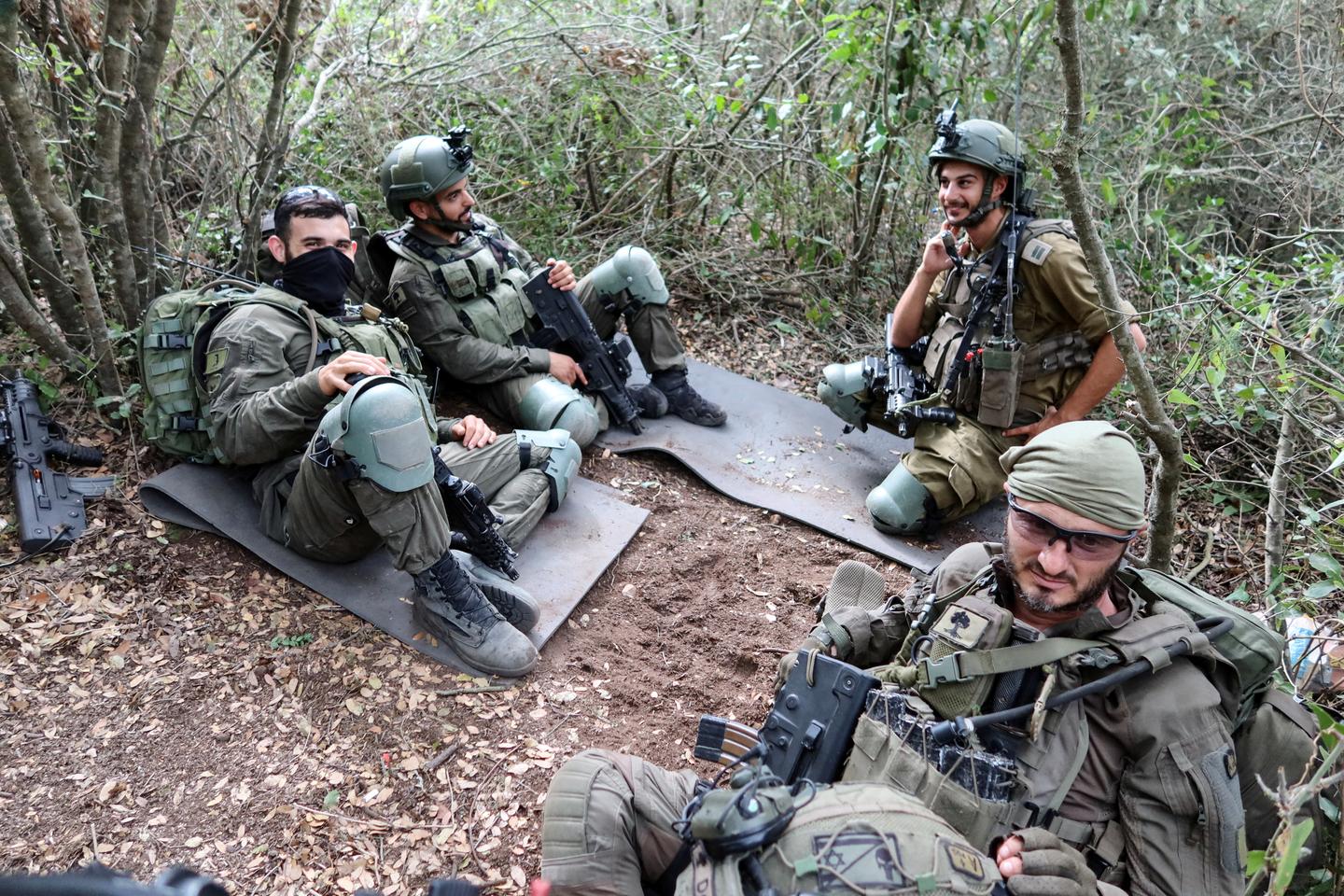


The "intelligence operation" was not what Israel initially expected. It was not conducted by a "foreign actor," such as a national intelligence service, as the Israeli military feared.
On October 29, the Israeli newspaper Haaretz sounded the alarm: using the Strava application, which allows runners and cyclists to record and share their activities, an "unknown actor" was able to "methodologically" extract thousands of profiles belonging to Israeli soldiers from the platform.
The operation's strategy involved simulating fake activities on military bases and other sensitive sites to uncover the profiles that have been active in those areas. This manipulation, while relatively simple to execute, not only identified the names and potential pseudonyms of the users but also had the potential to track their movements. Since most activities recorded by Strava are geolocated – such as running and cycling – it became possible to pinpoint the homes of some soldiers and potentially trace their movements between different military bases, for example.
The Israeli Ministry of Defense was in a cold sweat and quickly announced the opening of an investigation, according to the Israeli daily. This is particularly significant because the flaw is not new and stems from a "severe and ongoing security failure by the Israel Defense Forces," Haaretz pointed out. In 2022, around a hundred Israeli defense officers and senior officials had their data exposed through their Strava profiles.
Israel's Ministry of Defense opens investigation
However, the "unknown actor" in question is actually a pair of Le Monde journalists – the co-authors of this piece. Recently, through a series of investigations called StravaLeaks, Le Monde revealed how the security of Emmanuel Macron, Joe Biden and Vladimir Putin was compromised due to the careless use of Strava by their own bodyguards.
We continued our research in Israel to determine whether the flaw documented two years ago was still an issue. We found that, even as Israel is engaged in open warfare in Gaza and Lebanon, the data of thousands of Israeli soldiers remains accessible on Strava. The response from the Israeli Ministry of Defense testifies to the seriousness of this security breach.
In comparison, the Elysée's response to our revelations was much less alarmed. The French presidency completely downplayed the "very minor consequences that in no way impacted the president's security," and ignored the exposure of his bodyguards' private lives. For its part, the US Secret Service said it "will review this information to determine if any additional training or guidance is required."
You have 37.09% of this article left to read. The rest is for subscribers only.
